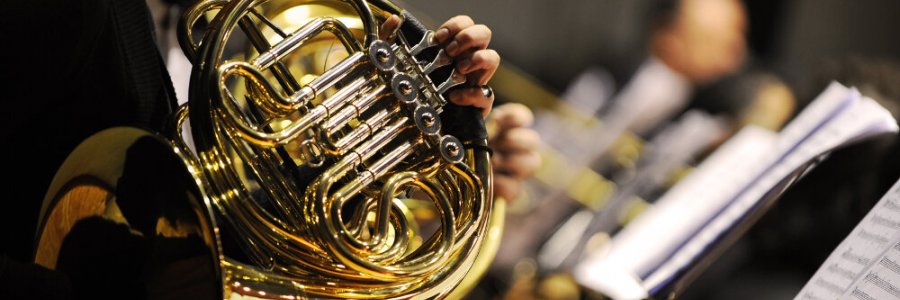Music and Morality (2 of 4): Music is a form of expression

Music and Morality (2 of 4): Music is a form of expression
On went the fire alarm. When firemen arrived at the Symphony Hall in the Atlanta Memorial Art Centre in Atlanta, GA, they discovered it was a false alarm. They discovered that the sensitive fire-alarm equipment was set off by a performance of Tchaikovsky's 1812 Overture, directed by Robert Shaw.1
Certainly not all music is dynamic enough to set off a fire alarm! But good music expresses its point powerfully. In the first post in this series, we looked at how music conveys emotion. Music also is a form of expression, which implies that it has intrinsic morality.
Composers and performers express themselves through music. Composers write songs that remind us of battle, faraway lands, farmlands, or a grand welcome for a king. Once I attended a concert where the conductor gave some background to a song; the composer meant it to sound like a flowing river, and you could hear it in the music. Each composer has unique trademarks and styles, and sometimes we can tell who composed a piece because it just sounds like something that particular composer would write. Composers definitely express themselves through music.
Performers also express themselves through music. Good vocalists and instrumentalists can really bring out the beauty of a song through personal expression. Sometimes, though, personal expression is negative; some instrumentalists move around excessively to draw attention to themselves. In popular styles like rock and CCM, vocalists often will purposely distort their voices or sound overly breathy and sensual. Whether good or bad, performers express themselves effectively through music.
I once heard a story about a naughty little boy. He had done something wrong and his mother told him to sit down on the "time out" chair, and at first he refused. But then he thought about it and realized he'd better sit down. Angrily, he said, "I may be sitting down on the outside, but I'm still standing up on the inside!" The human heart will certainly find a way to express itself one way or another. And I believe that's actually quite easy to do in music, since it is such an effective form of expression.
This leads us to the next point. If sinful people can express themselves through music, then they must be capable of expressing both the good and the evil. Otherwise, it is not a free and true form of expression as other creative arts are. It makes sense; if music can express righteousness, it can express wickedness. If it can express heroism, it can express fear. If it can express peace, then it can also express chaos. Thus, music has intrinsic morality.
The famous composer Robert Schumann is quoted as saying, "To send light into the darkness of men's hearts - such is the duty of the artist." This is his duty, but it is not always carried out. An evil person attempting to convey something evil will create an evil song, assuming he is successful. Thus, some music is good, and other music is evil. Recognizing this will help us to be on the lookout for bad music, and in so doing, to keep our hearts with all diligence.
Lord-willing, in the next post I would like to discuss the orderliness of music. For now, here is a poem by Henry Wadsworth Longfellow which captures the beauty of expression in good music:
I shot an arrow into the air
It fell to the earth, I knew not where;
For, so swiftly it flew, the sight
Could not follow in its flight.I breathed a song into the air,
It fell to earth, I new not where;
For who has sight so keen and strong,
That it can follow the flight of song?Long, long afterward, in an oak
I found the arrow, still unbroke;
And the song, from beginning to end,
I found again in the heart of a friend.2